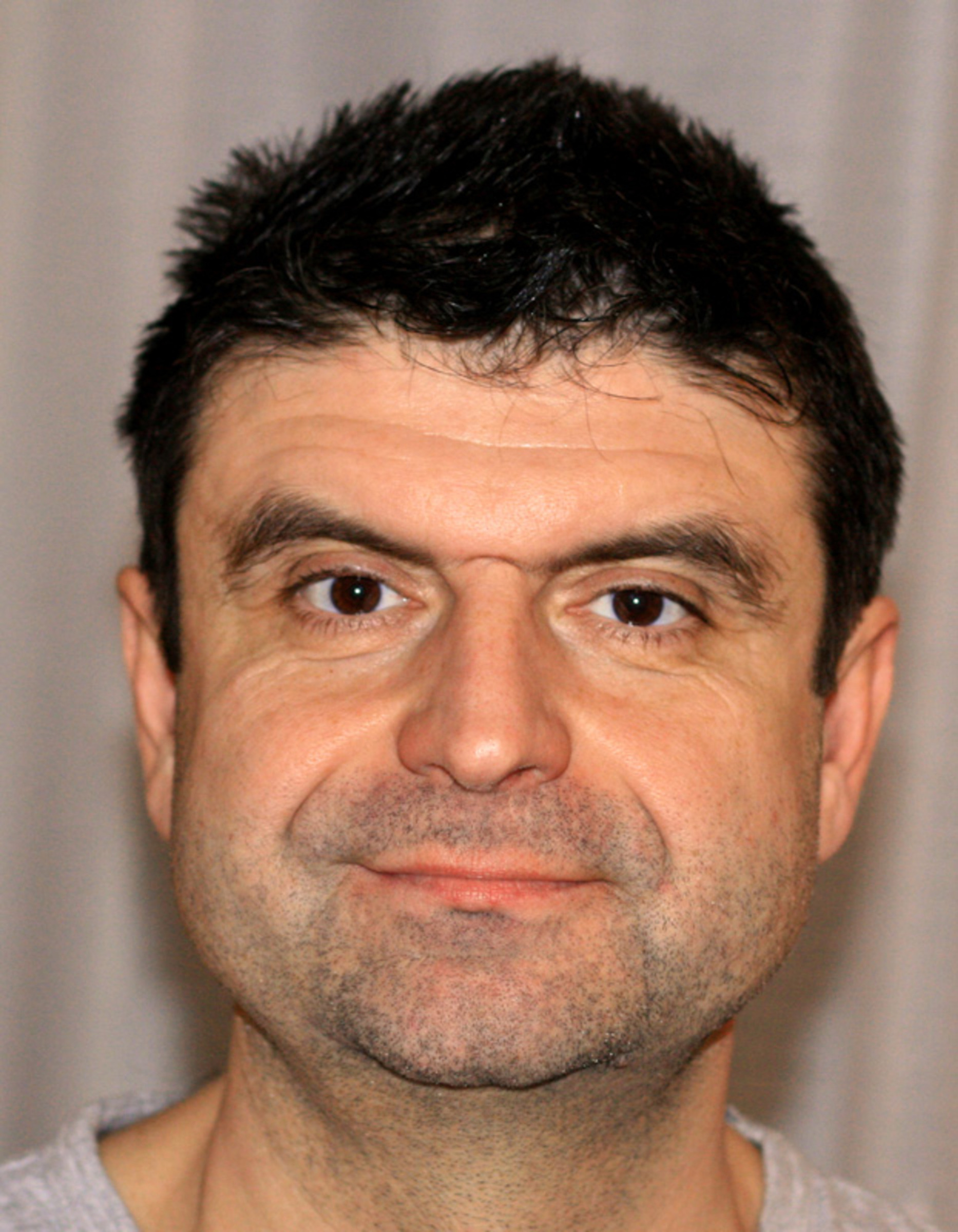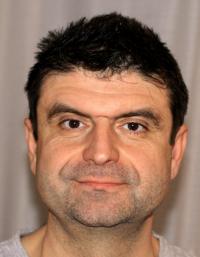I don’t know a single Greek from my father’s generation who would have admitted that what had happened was wrong.
Lakis Jordanidis was born in April 1962 in the town of Kutná Hora into a family of mixed heritage. Forced to leave Greece during the civil war, his father, Angelos Jordanidis, had arrived to Czechoslovakia in 1948. Lakis’s mother is Czech and he has one brother. Lakis attended grammar school in Kutná Hora and in 1981 he was admitted to the University of Economics (VŠE) in Prague. He did some additional schooling in education in order to be able to teach. In 1986 he began working as a teacher at a trade academy. Beginning in 1991 he worked as a lecturer at VŠE. Today he works in academia only part-time, as he now also serves as a spokesman for Prague’s firefighters. He married a Czech and they have two sons. His attitude towards Greece and the Greek mentality is complicated. He began learning Greek only recently in a language school.

